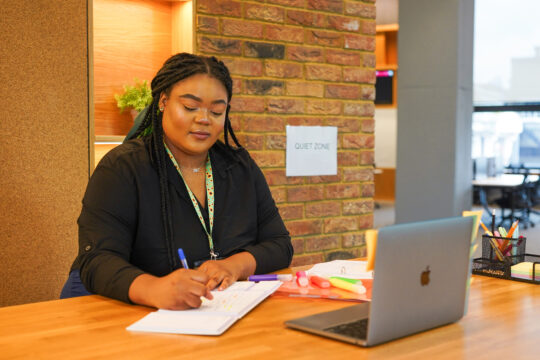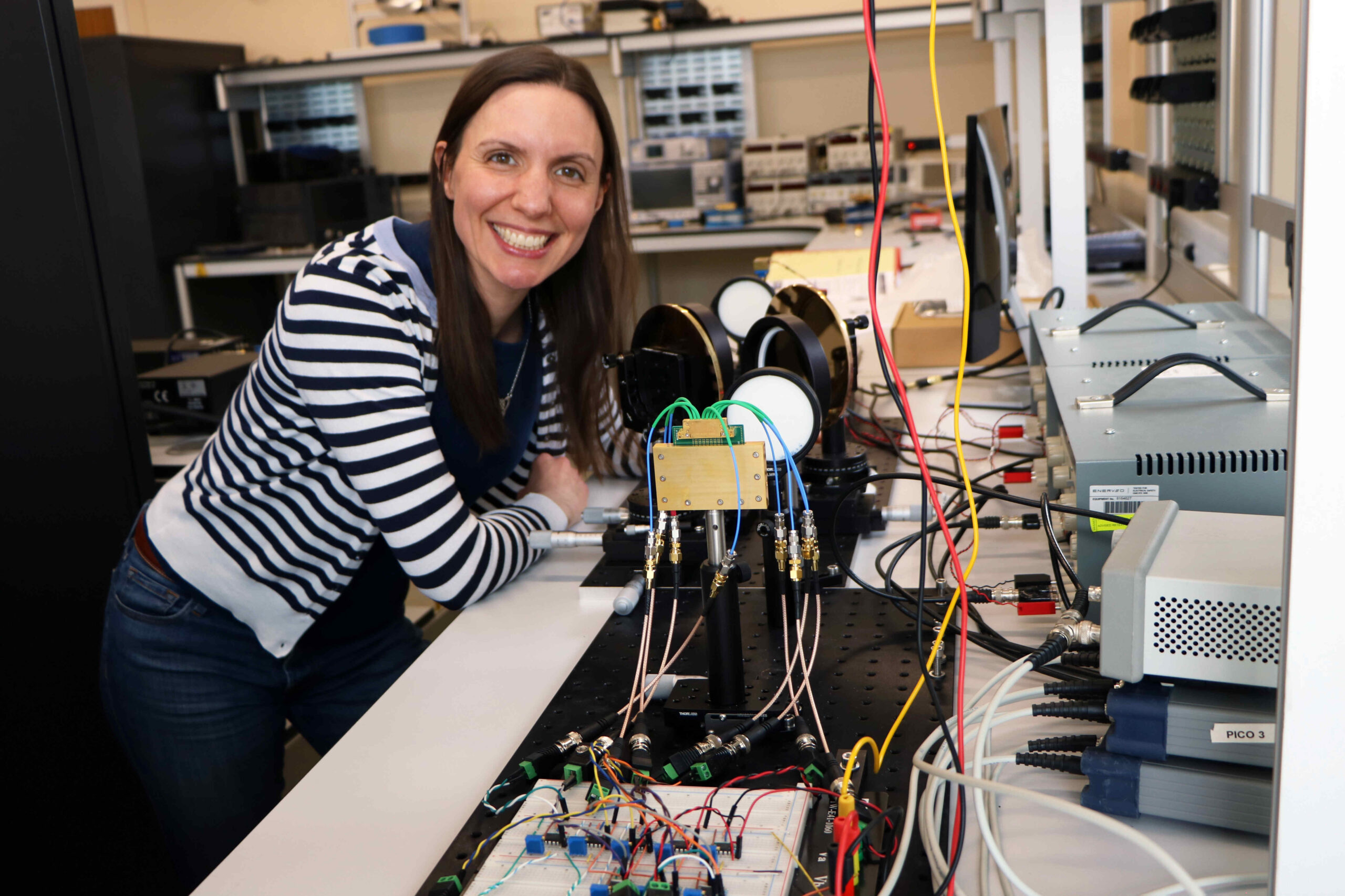
What is a secondment?
A secondment is a temporary move between the Civil Service and an external organisation, it can be done in two ways:
An inward secondment is where an individual comes to work for a Civil Service department from an external organisation, but remains an employee of the external organisation for the duration of the secondment.
An outward secondment is where a civil servant goes to work for an external organisation, but remains an employee of the Civil Service for the duration of the secondment.
Why choose a secondment?
A secondment can provide fantastic opportunities for both individuals and organisations, such as:
Capability development: the opportunity to acquire specific technical and specialist skills
Exposure to new thinking with the scope to experience first hand innovation in a new sector
Professional growth via expanding networks and communities of practice
Valuable career development through operating in a different working environment or profession
Apply for a secondment
Being on secondment in the Civil Service offers the opportunity to work on real government initiatives, supporting the government of the day to deliver for citizens of the UK.


Digital Secondment Programme
An exciting inward secondment programme offering a range of interesting opportunities in a variety of Digital roles across government.
STEM Futures
A partnership of organisations across industry, academia and the public sector which provides opportunities to exchange and promote STEM knowledge.

A secondments case study
11 June 2024
What did you learn from your secondment?
I learnt about how science policy decisions are made within the government, and the key role the evidence from scientific data or research plays in helping these decisions.
Geospatial data is fundamental for numerous applications in remote sensing, yet its strength is often overlooked. I have a greater awareness of the diverse methods to collect geospatial data, as well as innovative applications.
Would you recommend a secondment to others?
Yes – by doing a secondment you achieve a deeper understanding of how different organisations or teams operate, and learn best practices.
What will you take back to your home organisation?
My secondment to central government has given me valuable insights into cultivating high-performing and happy teams. I intend to incorporate elements of their working culture and leadership practices at my home organisation.

“I see a secondment as an ideal opportunity to take a step back from my lab-based research to better understand how my work fits into the wider science and innovation landscape in the UK.”
Elin, Academic Researcher at RAL Space
Seconded to: Geospatial Commission, Department for Science, Innovation and Technology
- Use our department and professions profiles to understand more about what we do across the government, and what might be of interest to you.
- Attend networking events, relevant industry forums and use online research to find areas of the Civil Service which may have roles to meet your development needs.
- It’s important to discuss any potential secondment opportunities with your current employer. You will need their approval before the secondment can take place and will remain within their employment for the duration.
“Be really clear about why a secondment would be valuable – how it would support the development of critical skills and experiences and fit with your career aspirations.”
“Research the type of organisation/department you would prefer to be seconded to but be open-minded about the possibilities.”
The overarching ambition for secondments, in both directions, is to support the Civil Service to build critical capabilities and drive cross sector collaboration.
Current priority skills areas include:
- Digital, Data and Technology
- Programme Management and Project Delivery
- Science and Engineering
However, there are secondment opportunities across the Civil Service in a wide variety of areas.
There is no typical secondee. Whatever your background, age, location or professional experience, a secondment can certainly offer great development opportunities.
FAQs
How do I get paid?
The standard arrangement is that you will remain on the contractual terms and conditions of your home organisation while on secondment. This means that in most cases, if you were to be seconded into the Civil Service, the Civil Service would typically pay your salary, subject to agreement.
In practical terms, you will typically stay on the payroll of your home organisation and the organisation hosting the secondment reimburses the pay costs (including basic pay, national insurance, pension contribution and any other contractual entitlements).
In most cases, secondees also remain in the pension scheme of their home organisation and will typically receive any pay awards from their organisation while on secondment.
Arrangements will be negotiated and agreed between your organisation and the Civil Service department, and will be detailed in a secondment agreement.
What level of pre-employment or security checks are required for secondees joining a government department?
As you will be working within the Civil Service, you must undergo pre-appointment checks in the same way as any new joiner. Any security checks required will be undertaken as part of the on-boarding process upon confirmation of your secondment into the Civil Service. Right to work requirements must also be met.
Some additional approvals may be required, but these would be role dependent and would be advised by the departmental HR teams.
How long could I be on secondment for?
Duration can vary from anything from several months up to two years. This should be appropriate to the nature of the opportunity and not exceed two years unless there is a specific business justification for doing so.
Are there any restrictions on the areas of government I can work in?
Your organisation and the Civil Service will want to feel confident that your secondment avoids any conflicts of interest, whether due to your current organisation or any outside interests. We are experienced in assessing and providing advice in this area and will work with you to ensure all parties are assured.
